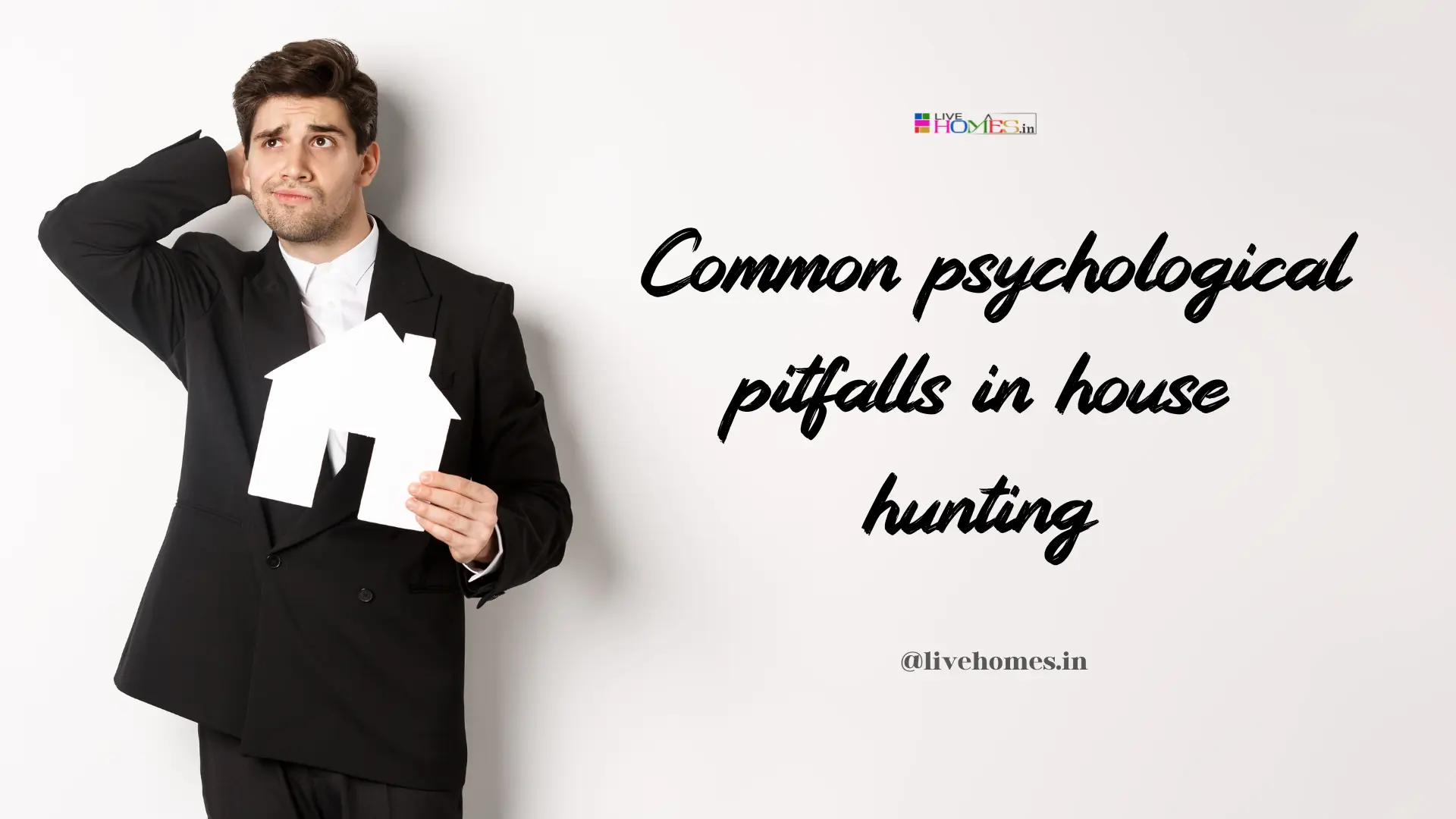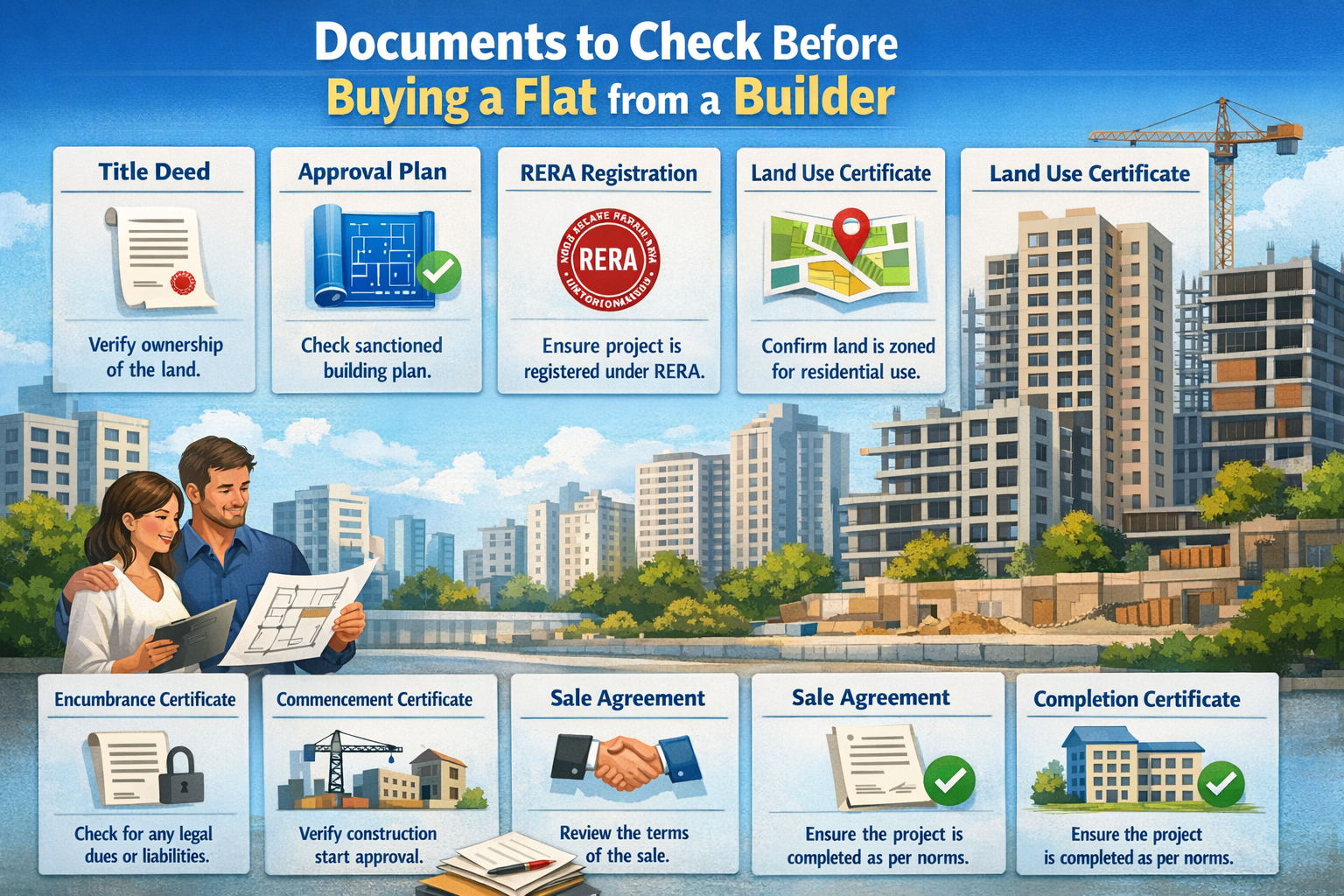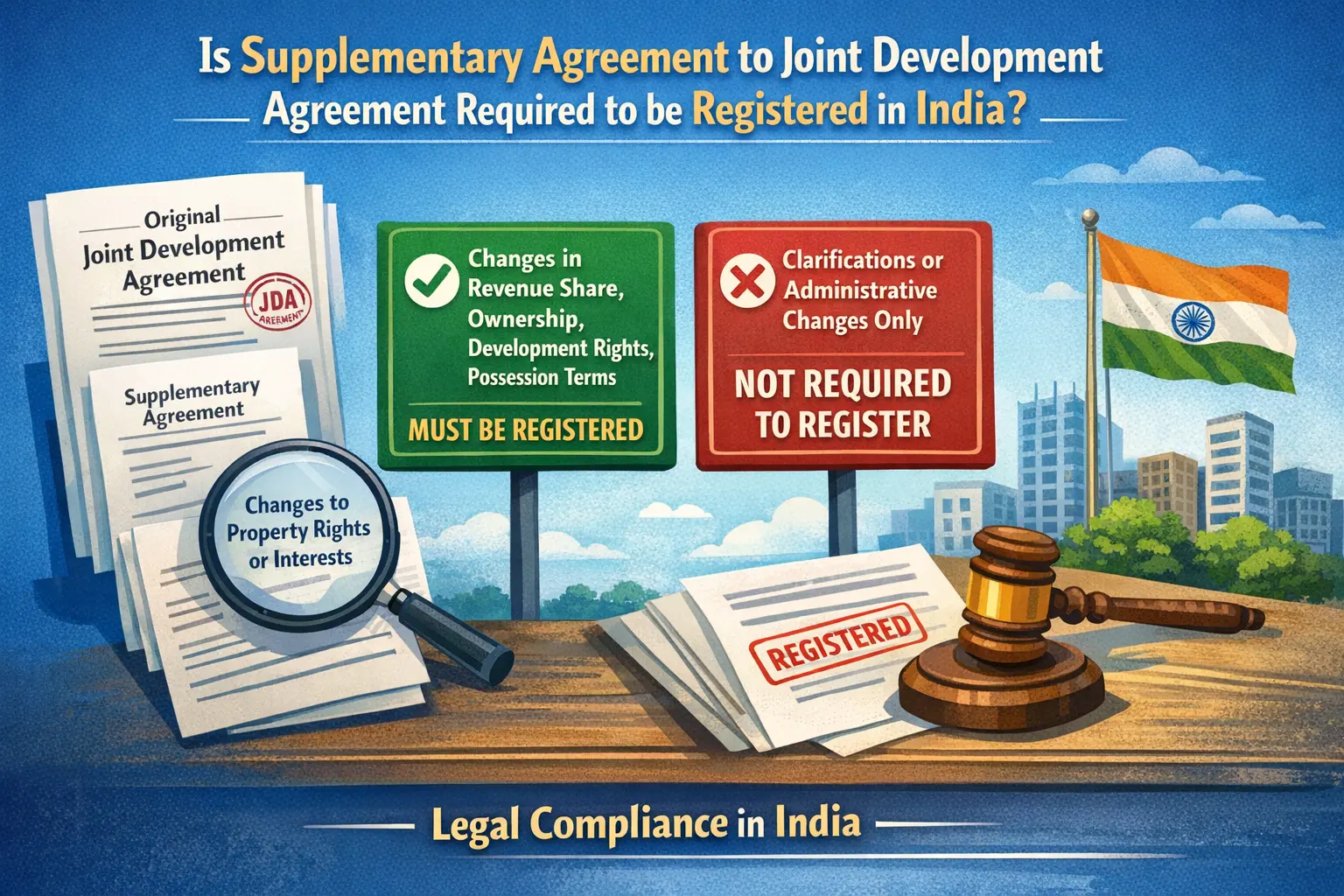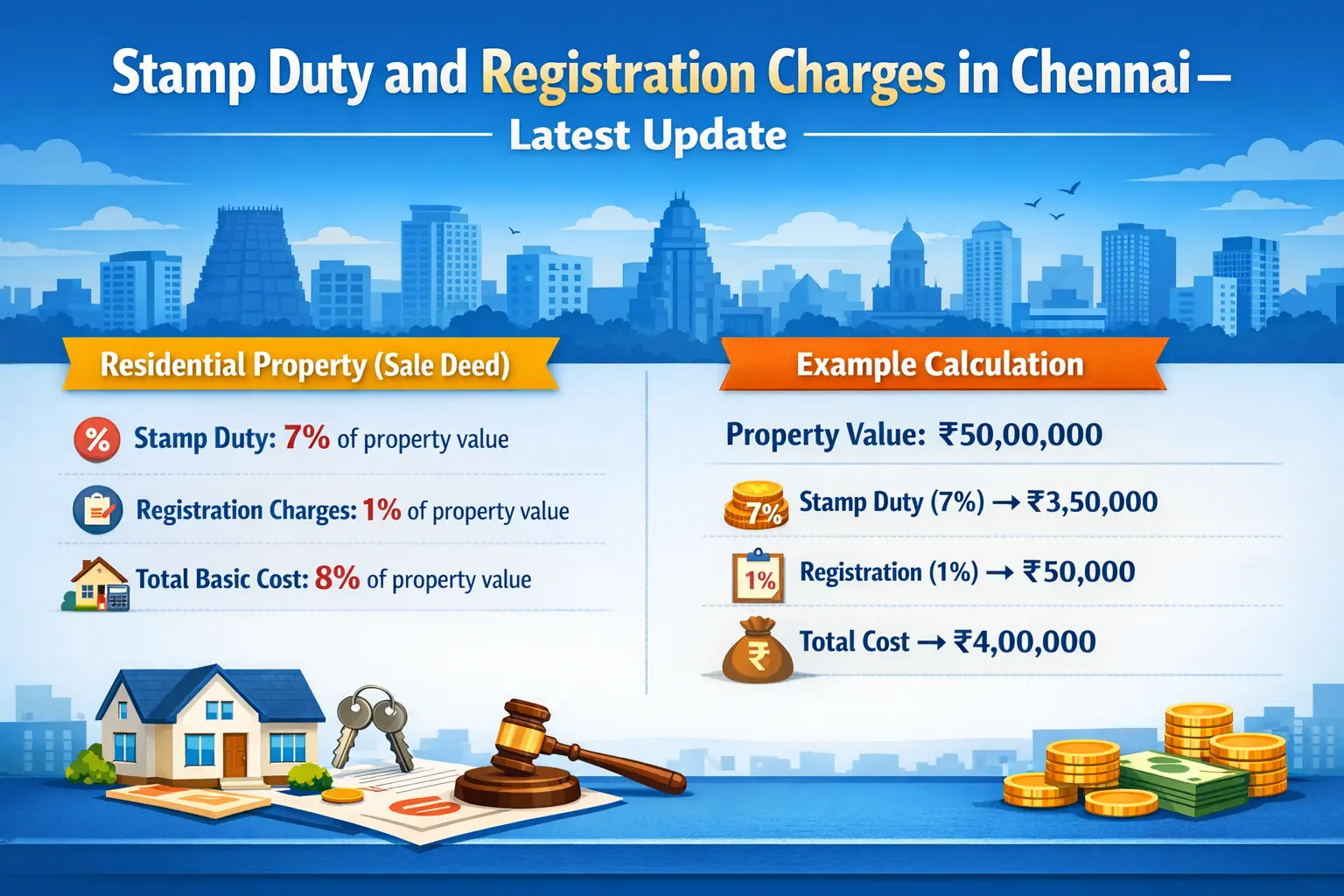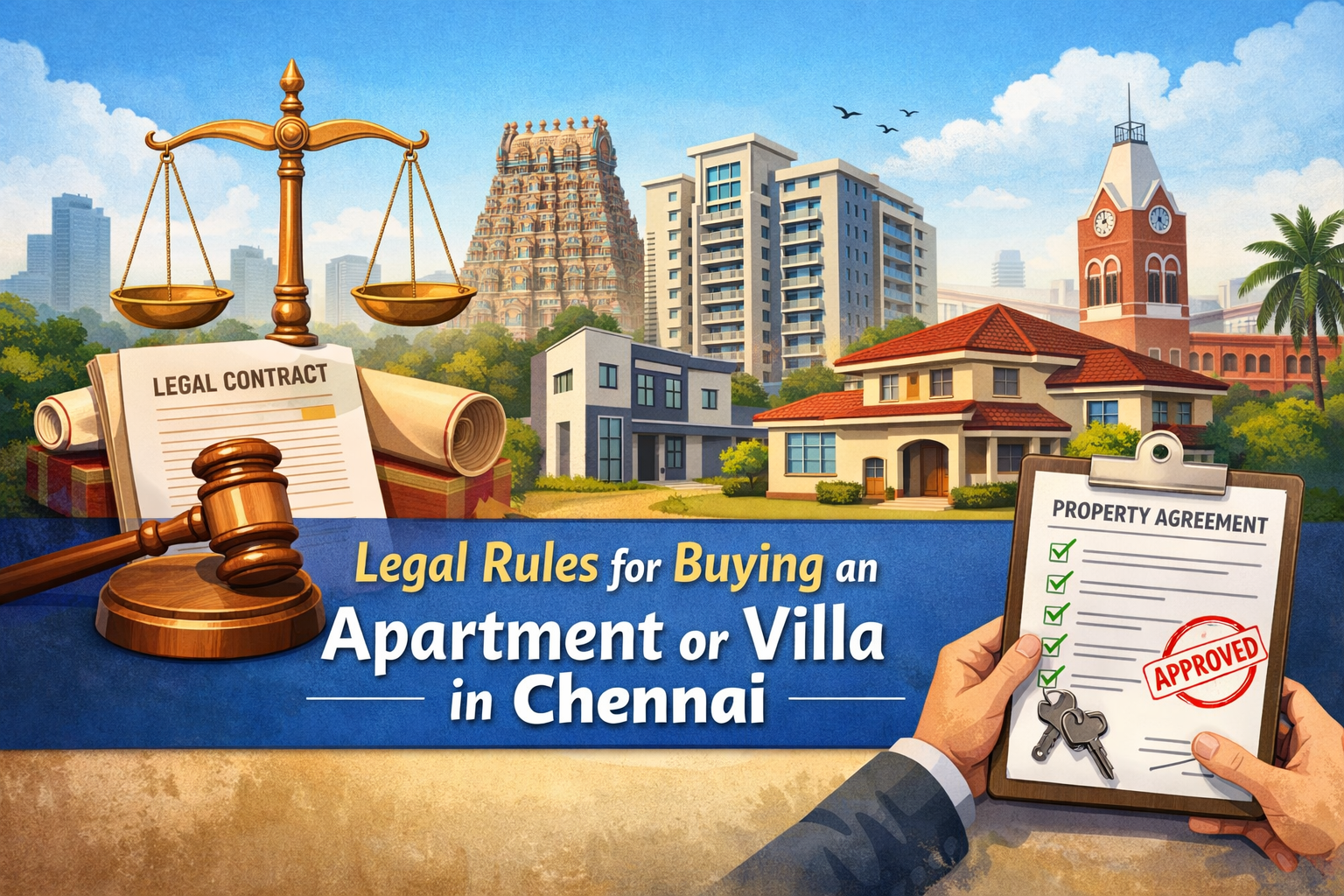House hunting is one of the most emotionally charged and significant decisions in a person’s life. Beyond the practical considerations of finding a home that fits your budget, location, and needs, there are many psychological pitfalls that can cloud judgment and make the process more stressful or lead to poor decisions. These psychological traps are often rooted in emotions, cognitive biases, and social influences that can obscure a person's ability to make a rational choice. Here are some common psychological pitfalls in house hunting:
1. The Sunk Cost Fallacy
The sunk cost fallacy occurs when you continue investing in something because you've already put time, effort, or money into it—even if it no longer makes sense to do so. In house hunting, this might manifest in becoming emotionally attached to a particular property because you've already invested so much time visiting it, imagining your life there, or getting hopes up about its potential.
- Example:
You visit a house that isn't perfect, but it ticks most of the boxes. However, because you’ve spent several weeks looking at similar properties and you’re feeling fatigued, you might overlook its flaws (e.g., noisy neighbors or a small kitchen) just because you've already invested so much time in considering it. This can lead to overpaying or settling for a home that doesn’t fit your true needs.
- How to avoid it:
Recognize that past investments of time and emotion cannot be recouped, so focus on making the best decision based on your current situation and needs, not the time you've already spent.
2. Loss Aversion
Loss aversion is the psychological principle that people tend to prefer avoiding losses rather than acquiring equivalent gains. This is why you might feel an overwhelming sense of panic if you miss out on a property, even if it wasn’t ideal.
-Example:
Imagine finding a home that you love, and it’s listed within your budget. But for some reason—perhaps an offer is placed ahead of yours or you’re unsure about some repairs—it slips through your fingers. The pain of "losing" the home may outweigh any rational thinking about whether it was the best choice for you. This loss aversion can lead to hasty decisions, such as offering more money than you had planned or ignoring the house’s drawbacks.
-How to avoid it:
Understand that there will always be other homes that could be a better fit for you. While it’s natural to feel disappointed, keep a long-term perspective, remembering that missing one opportunity doesn’t mean there won’t be others.
3. Emotional Attachment and "Love at First Sight"
It’s easy to fall in love with a home at first sight, especially if it’s beautifully staged or has charming features. When we experience this initial emotional attraction, we can often overlook any major issues with the property, such as structural problems or undesirable location.
-Example:
You walk into a home and immediately feel it has the "right vibe." The kitchen is stunning, and the yard is perfect for entertaining. But when you think critically, you realize the neighborhood isn’t as safe as you would like, or there’s a noisy highway nearby. However, your emotional attachment leads you to ignore these red flags.
-How to avoid it:
Stay objective by making a checklist of essential criteria for a home (e.g., safety, commute time, space, future value) and evaluate the property against this list. You can also take a break before making a decision—sometimes time and distance will help you see the house more clearly.
4. Overconfidence Bias
Overconfidence bias is when we believe we know more than we actually do, or when we think we can make a successful decision without fully understanding all the risks involved. This can be particularly dangerous in house hunting because the stakes are high, and the real estate market can be complex.
-Example:
If you’re a first-time homebuyer, you might assume that a single open house or a few online articles have given you all the information you need to make a sound decision. Overestimating your expertise can lead to rushing through the process without properly vetting a home or understanding what’s required financially (e.g., hidden maintenance costs, repairs, taxes, etc.).
-How to avoid it:
Adopt a mindset of learning and seek expert advice from a real estate agent, a financial advisor, or even a contractor if needed. Getting input from people with more experience can prevent you from making uninformed decisions.
Also Read: Modular vs Traditional Construction Which is Better for First Time Buyers
5. The Anchoring Effect
Anchoring occurs when you rely too heavily on the first piece of information you receive and use it as a reference point for subsequent decisions. In the case of house hunting, the initial asking price or the price of a similar home can serve as an anchor.
-Example:
If you see a house priced at $450,000, you might think this is a fair price because it's the first home you've encountered in your search. Later, you see another house that's slightly smaller or in a less desirable location but priced at $440,000, and you believe it's a better deal—even if the price is still too high for what the house offers.
-How to avoid it:
Take the time to do proper research and get a good sense of the price range for comparable properties in the area. Try to evaluate homes based on their intrinsic value, not just the price you initially encountered.
6. Social Proof and Peer Pressure
Humans tend to look to others for guidance, especially in uncertain situations. In house hunting, you might be influenced by the opinions of friends, family, or even social media, even when their opinions don’t align with your own preferences or needs.
-Example:
If a friend raves about their newly purchased home and how it was "the best deal in the market," you may feel pressured to make a decision more quickly or to choose a property that is similar to theirs, even if it doesn’t align with your preferences. Or you might find yourself overwhelmed by stories of people’s successful or failed real estate ventures.
-How to avoid it:
While it’s fine to seek advice from trusted sources, remember that everyone’s needs and preferences are different. Don’t base your decision solely on someone else’s experience or what’s trending in the market. Stay true to your own priorities and circumstances.
7. Focusing Too Much on Aesthetics (The "Cosmetic Fix" Trap)
Many homebuyers fall into the trap of overvaluing cosmetic features like paint color, countertops, or furniture, while ignoring larger structural issues or the home’s long-term potential. A beautifully staged home can create an illusion of perfection, causing you to overlook necessary repairs or functional deficiencies.
-Example:
You might visit a home with a newly renovated kitchen, gleaming hardwood floors, and a fresh coat of paint. It feels like a dream, but upon closer inspection, you find that the roof is leaking, or the electrical system needs an upgrade. These fundamental issues might end up costing far more to fix than the cosmetic improvements.
-How to avoid it:
Focus on the home’s core structural integrity, systems (plumbing, electrical, HVAC), and overall layout before getting too excited about the aesthetic features. Make sure the home is sound before considering upgrades or decor.
8. Decision Fatigue
House hunting is a long, drawn-out process that requires making hundreds of small decisions. From choosing a neighborhood to weighing the pros and cons of multiple properties, decision fatigue can set in, leading you to feel overwhelmed and potentially make poor choices.
-Example:
After weeks of searching, visiting open houses, and reviewing listings, you might find yourself emotionally drained. As a result, you could make snap decisions or settle for a home that doesn’t truly meet your needs—just to end the process.
-How to avoid it:
Take regular breaks during your search. Try to limit the number of homes you view in a single day or week. Also, create clear criteria for your search and stick to them. Taking a step back to refresh yourself will help you maintain objectivity and clarity in your decision-making.
9. Overemphasizing the "Perfect" Home
The "perfect" home is often a moving target. Buyers may get fixated on finding a home that ticks every box, and this unrealistic expectation can lead to frustration and inaction. It’s easy to get caught up in wanting a home that matches an idealized vision, but this can delay the process or lead to dissatisfaction.
-Example:
You may feel that a home must have a certain number of bedrooms, bathrooms, a gourmet kitchen, a large backyard, and be in a perfect location. As a result, you may reject homes that are excellent but don’t quite match your mental checklist. Or you may find yourself looking at homes that are simply out of your budget.
-How to avoid it:
Recognize that no home is truly perfect. Be flexible and prioritize your “must-haves” while being open to making compromises in areas that aren't as critical.
In house hunting can trigger a range of psychological biases that can cloud judgment and lead to decisions that aren’t in your best interest. Recognizing these cognitive traps—whether it's the sunk cost fallacy, emotional attachment, or overconfidence—can help you stay grounded in making more objective and informed decisions. Taking a step back, consulting with experts, and remaining mindful of your long-term needs will lead to a better home-buying experience.
https://www.livehomes.in/blogs
